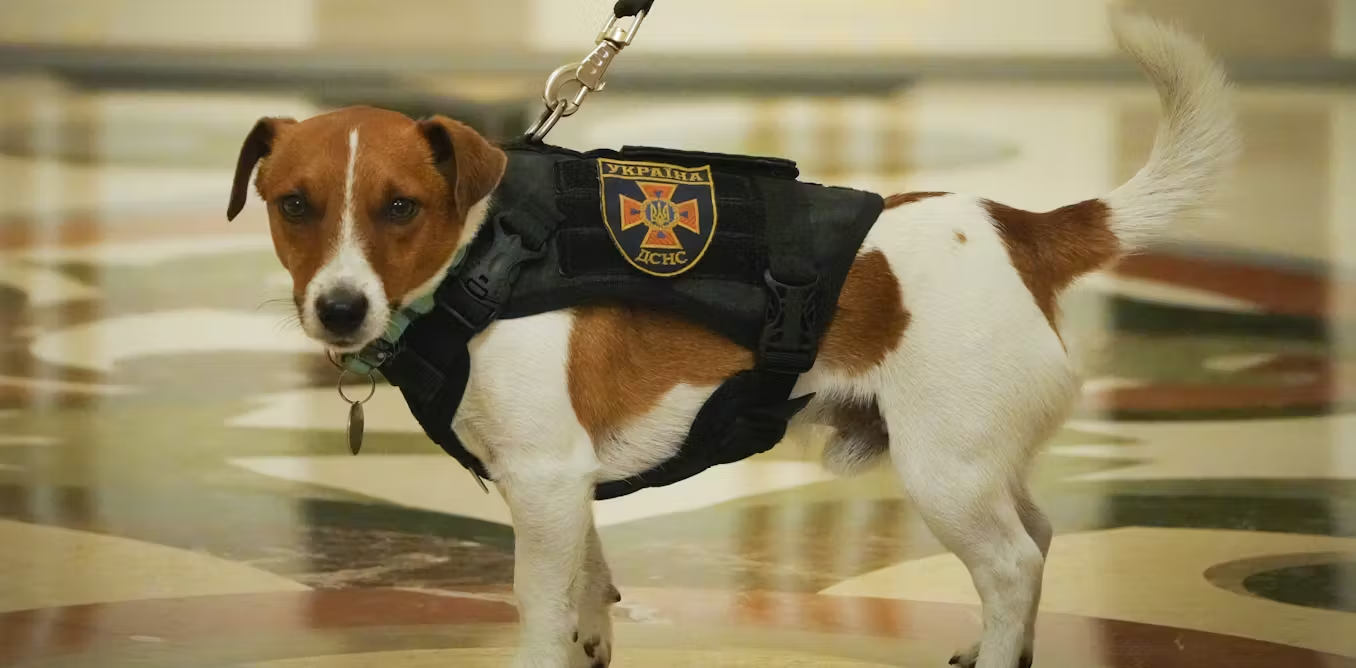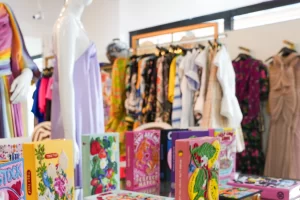How to learn basic Russian vocabulary?
How to learn basic Russian vocabulary?
Russian courtesy formulas
If you want to go live in Russia, you will have to distinguish between Russian and Spanish courtesy .

In Russia, it is not mandatory to use too many courtesy formulas: for example, smiling at a stranger is quite rare, since the smile is reserved only for acquaintances. You better learn the necessary vocabulary to be able to function in different situations.
As in other languages, there is the “you” and the “you” :
- The « Вы », Russian version of «you», is used to speak in a formal way to a superior in a hierarchical scale, to an elderly person or to a stranger. Once the relationship prospers, the native may suggest you move on to the tutelage.
- The « Ты », Russian version of «you», is used to address a friend, a child or a person of the same age. Older people can use the ” Ты ” when they address you, but you will not always be able to use the tutted.
To be as formal as possible, for example, in a motivation letter or during a job interview, it is advisable to use “господи´н” (sir) or “госпожа” in front of the surname.
If your relationship is fairly close, you can refer to the other person by their nickname or abbreviation (for example, “Alex” instead of “Alejandro”). Reserve the nickname for people your age, as older people can be offended.
Make flashcards for Russian vocabulary
Before preparing them, it will be essential to identify what your goals and expectations are.
For example, students interested in Russian history will have to study the formal language , while beginners who want to go to Russia will find it more useful to study everyday language .
Certain students prefer to learn Russian vocabulary by subject (travel / work / animals …) with the set phrases, but to become bilingual, it is better to study linguistics in depth and know the most basic Russian vocabulary by heart.
You can study Russian vocabulary as follows:
- personal pronouns,
- greetings formulas,
- verbs,
- adjectives,
- prepositions,
- adverbs,
- particles,
- expressions,
- verb tenses…
Then move on to the semantic fields that are useful for a trip to Moscow or St. Peters burg.
The pedagogical card will be your best ally during your Russian studies.
Did you know that you can learn Russian with an online Russian course ?







